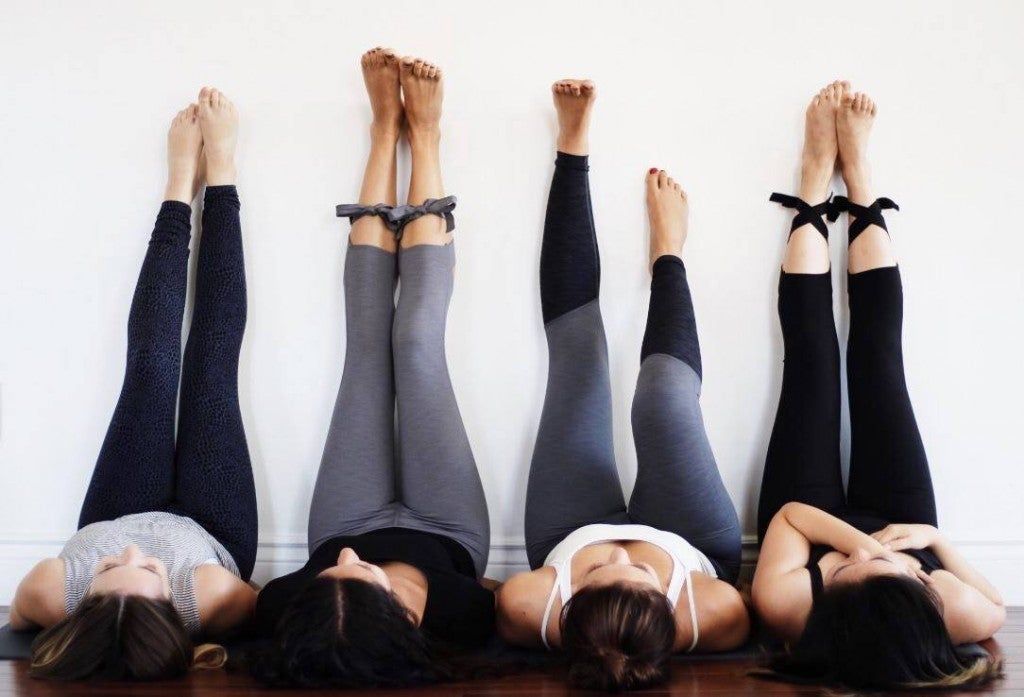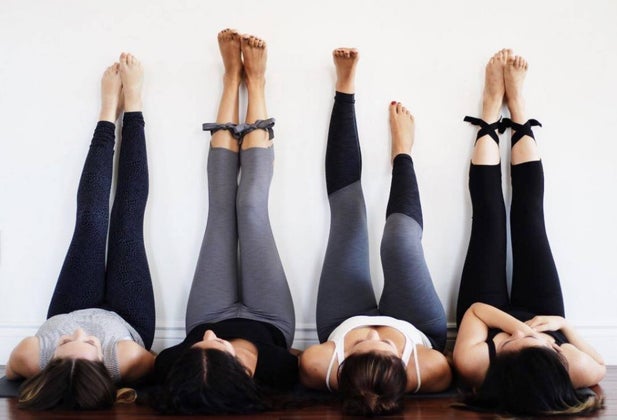Why You Need To Start Caring About Sustainable Workout Clothes


Sustainability isn’t just important when it comes to environmental issues such as fuel and the climate. If you are looking for more ways to help preserve the world—such as recycling and community gardens—you can do so in your workouts.
“Sustainable apparel is made out of carefully selected materials that are paired with thoughtful design for the tiniest environmental footprint possible,” explains Joanne Sessler, Manduka VP of Product Development. “The decisions we make at Manduka encompass recycled polyester or RPET, organic cotton, Tencel, Modal and other bio based fibers.”
Thus, producing sustainable apparel is all about the fiber and material choices that are made. Companies such as Manduka are lessening their carbon footprint, so you as an athlete and customer can do the same on your end.
Sustainable products result in less waste and even lessens the pollution in the air.
“From city dwellers to trail blazers, we want the air we breathe during our runs and yoga sessions to be the clearest it can be,” adds Sessler. “It is important to remember that purchasing sustainable products doesn’t mean you have to sacrifice comfort and performance. At Manduka, we believe it is our responsibility to choose sustainable materials that are designed specifically to aid in breathability, comfort, and performance.”
When purchasing sustainable products, a big part of the process for consumers is transparency. Check for certifications such as Global Recycling System (GRS) and Organic Cotton System (OCS). Other initiatives, such as the Better Cotton Initiative (BCI) are an added bonus. Manduka, for example, will be introducing a line of performance cotton in Fall 2017 that is under BCI, which exists to make cotton better for the growers and the environment.
If you are looking for additional ways to become more sustainable in your daily life, Sessler shares a few examples:
- Walk, run or take public transportation to your favorite yoga class, restaurant or for daily errands.
- Eat locally and organically.
- Consciously shop for items that will play a longer role in your world. For example, our PRO Mat is the only yoga mat with a lifetime guarantee.